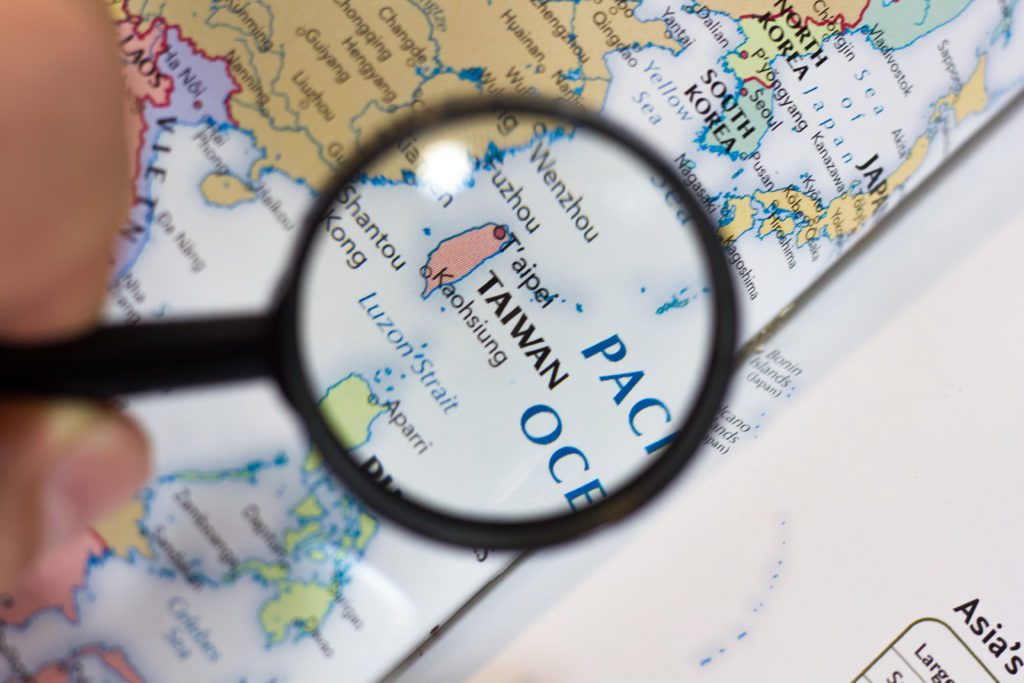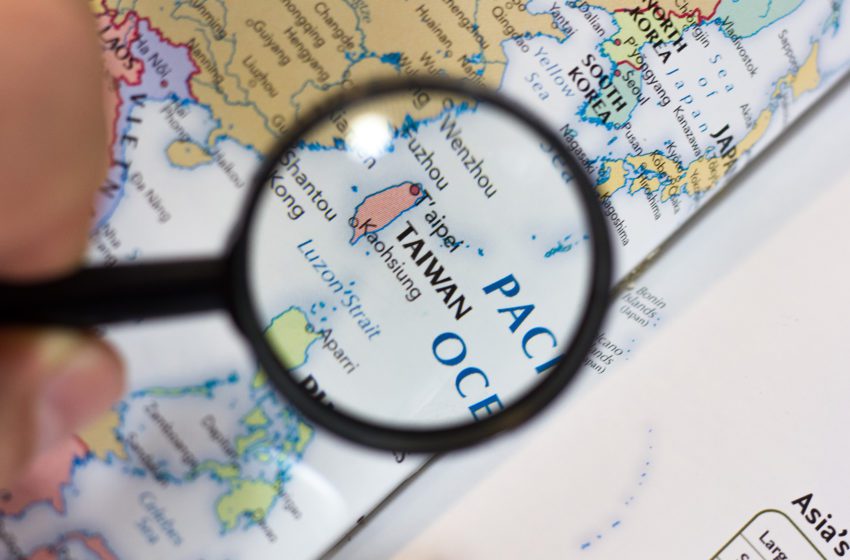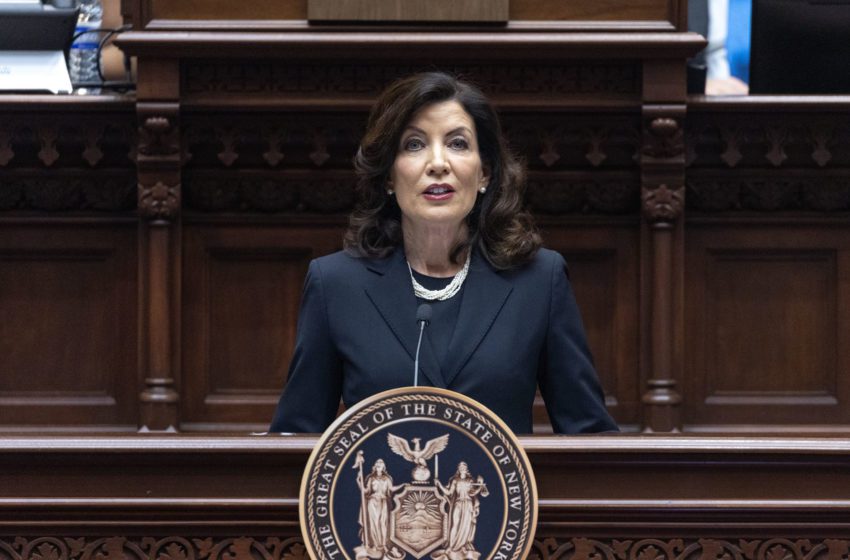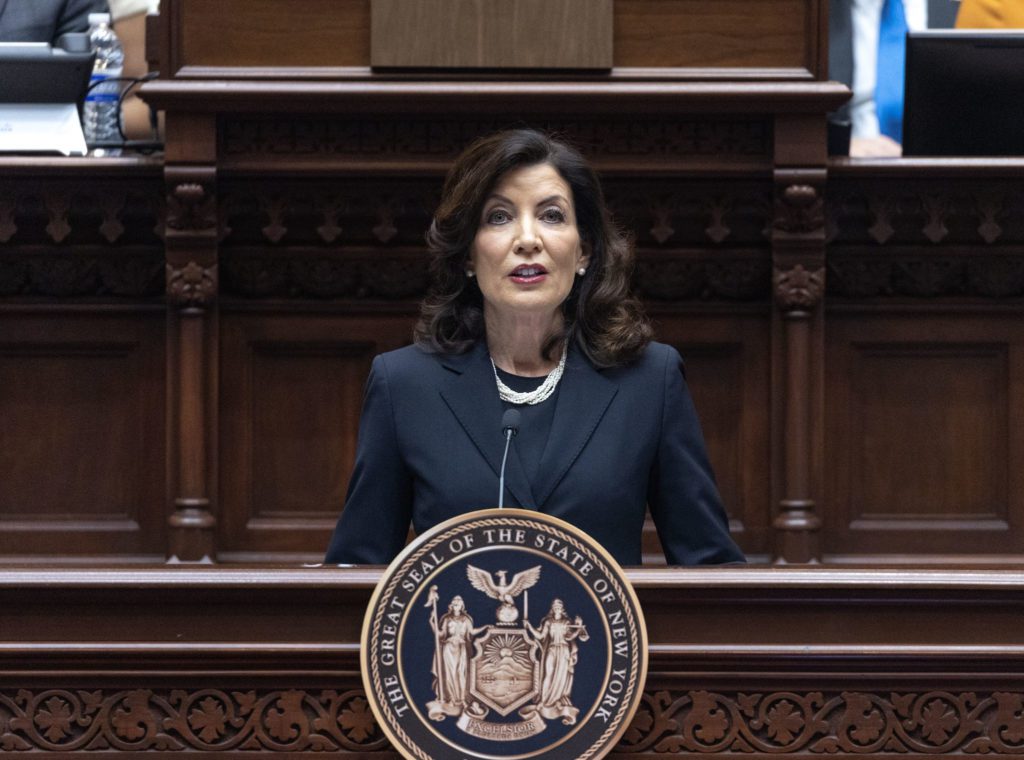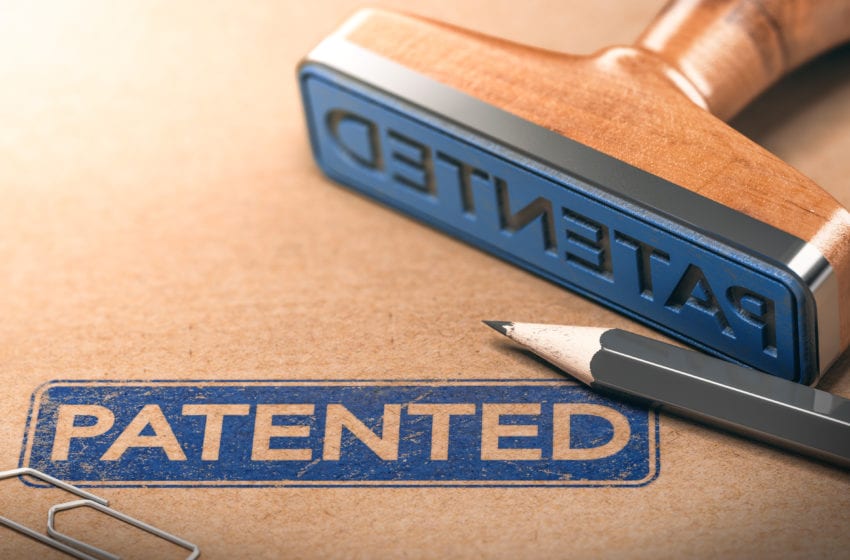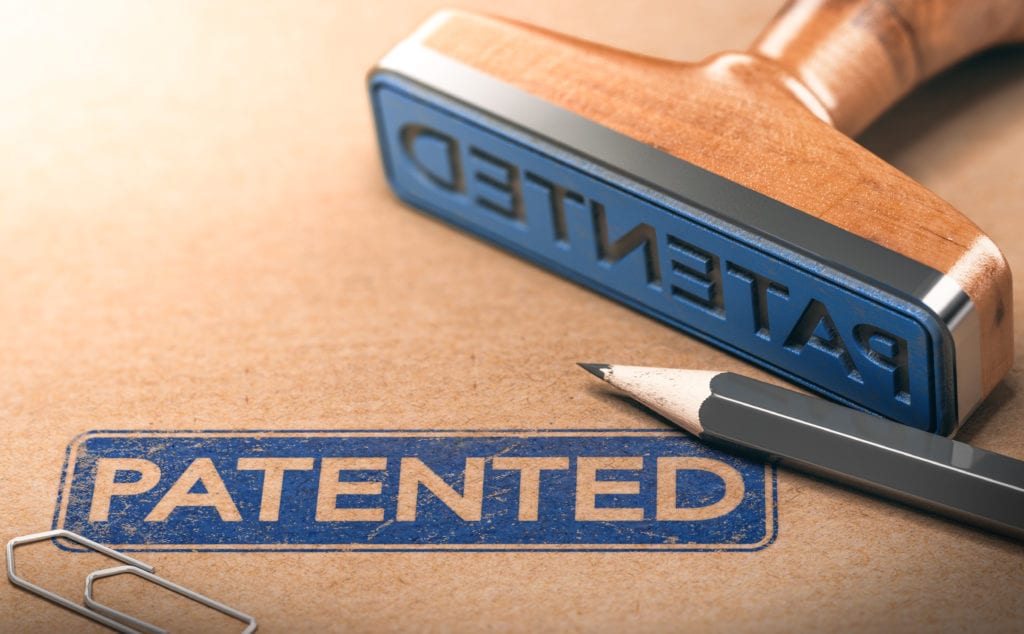The role of misinformation in the vaping industry was not mentioned when past and present commissioners of the U.S. Food and Drug Administration came together recently to discuss the role misinformation plays in public health.
The group say the agency needs partners in combatting public health misinformation, and industry, clinicians, patient advocates and academic leaders all have a role to play.
“Realistically, FDA needs help,” Mark McClellan, who served as FDA Commissioner from 2002-2004, said at the 2023 Innovations in Regulatory Science Summit sponsored by the UCSF-Stanford Center of Excellence in Regulatory Science and Innovation (CERSI).
On the FDA’s own website there are youth vaping prevention posters available to be used by various groups including doctors, schools, and state and local public health agencies. These claim, amongst other dangers, that “[n]icotine can rewire a teen’s brain to crave more nicotine and can create addiction,” despite there being no scientific basis for this claim.
While there is currently a lack of trust in officials from public health agencies, individuals still have trust in their own physicians, community leaders, and others who are “close to their experience,” McClellan said during a panel discussion among past and present FDA commissioners about how to counter the problem of misinformation and restore trust in the agency.
However, a 2021 study in the International Journal of Environmental Research and Public Health found that more than 75 percent of U.S. physicians believe that nicotine directly contributes to cancer and cardiovascular disease.
On the FDA’s website, the agency states, “while nicotine has a number of toxic effects on the body, it is not the primary cause of cancer and other chronic smoking-related diseases. More than 7,000 chemicals are present in cigarette smoke, including more than 70 that can cause cancer.”
Janet Woodcock, the agency’s Principal Deputy Commissioner who served as Acting Commissioner from 2021-2022, said patient advocates are trusted and often aligned with FDA’s mission but that their reach is often limited to the disease areas where they are focused, leaving prevention and treatment of common diseases as areas where misinformation can proliferate, according to an article from Regulatory Focus.
“I actually believe that misinformation is the leading cause of death right now in the U.S. because whether we’re looking at COVID or chronic disease, people are making bad choices driven by the information that they get,” said current FDA Commissioner Robert Califf, who also served in the role from 2016-2017. “We were just not prepared for what broad access to the Internet would do to communication channels.”
Califf called out the academic community for not doing more on the misinformation front and said some of their criticism of FDA and other public health agencies is having unintended consequences.
“As a public agency, we need to be critiqued, but I think often the people that are doing the critiquing assume that the agency’s going to be there in the future in the way that they expect it to be there,” Califf said. “So, they’re critiquing it to make it better. But to a lot of unsuspecting people that hear it, it just completely erodes their belief in the institution.”
In an FDA-funded study last year, researchers found that the use of electronic cigarettes costs the United States $15 billion annually in healthcare expenditures—more than $2,000 per person a year. The study, published on May 23 in Tobacco Control, was the first to look at the healthcare costs of e-cigarette use among adults aged 18 and older, according to researchers at the University of California San Francisco School of Nursing.
The study was found to be rife with misinformation after it claimed that healthcare expenditures for a person who uses e-cigarettes are $2,024 more per year than for a person who doesn’t use any tobacco products. Chuck Dinerstein, director of medicine at the American Council on Science and Health (ACSH), who has over 25 years of experience as a vascular surgeon, said that in order to get their data, researchers developed a model using the National Health Interview Survey (NHIS), a household survey of the general population in the U.S. that includes detailed questions on health and use of tobacco products.
“The researchers point to a study using NHIS data that per smoker—meaning combustible—attributable healthcare expenditures are $5,602,” explained Dinerstein. “The finding of this study, for both those exclusively using e-cigarettes and the dual users, is roughly a third as much. E-cigarettes reduce healthcare utilization and costs.”
Scott Gottlieb, who served as FDA Commissioner from 2017 to 2019, said rapid response to online misinformation is critical and floated the idea of giving industry more leeway to counter false or misleading information about products. It is currently illegal for any vaping product manufacturer to make health claims concerning e-cigarettes, including saying they are safer than combustible cigarettes.
While commissioner, Gottlieb championed e-cigarettes as a way to help adults stop smoking.
“We’ve seen FDA weigh in, admirably, around some dangerous disinformation on specific products,” he said. “But that can’t be the business of the FDA.”
Margaret Hamburg, who served as FDA Commissioner from 2009-2015, said that while some of the larger issues around misinformation are difficult to solve, FDA can take concrete steps to restore public confidence in its role. That boils down to showing why FDA matters, how the agency does its work and opening up some of the processes that have historically not been transparent, she said.
“Despite so much that is going on that is hard for FDA to control, the work of the agency and its trustworthiness can be demonstrated,” Hamburg said.
That transparency is especially important in areas where there is the most controversy, McClellan said.
